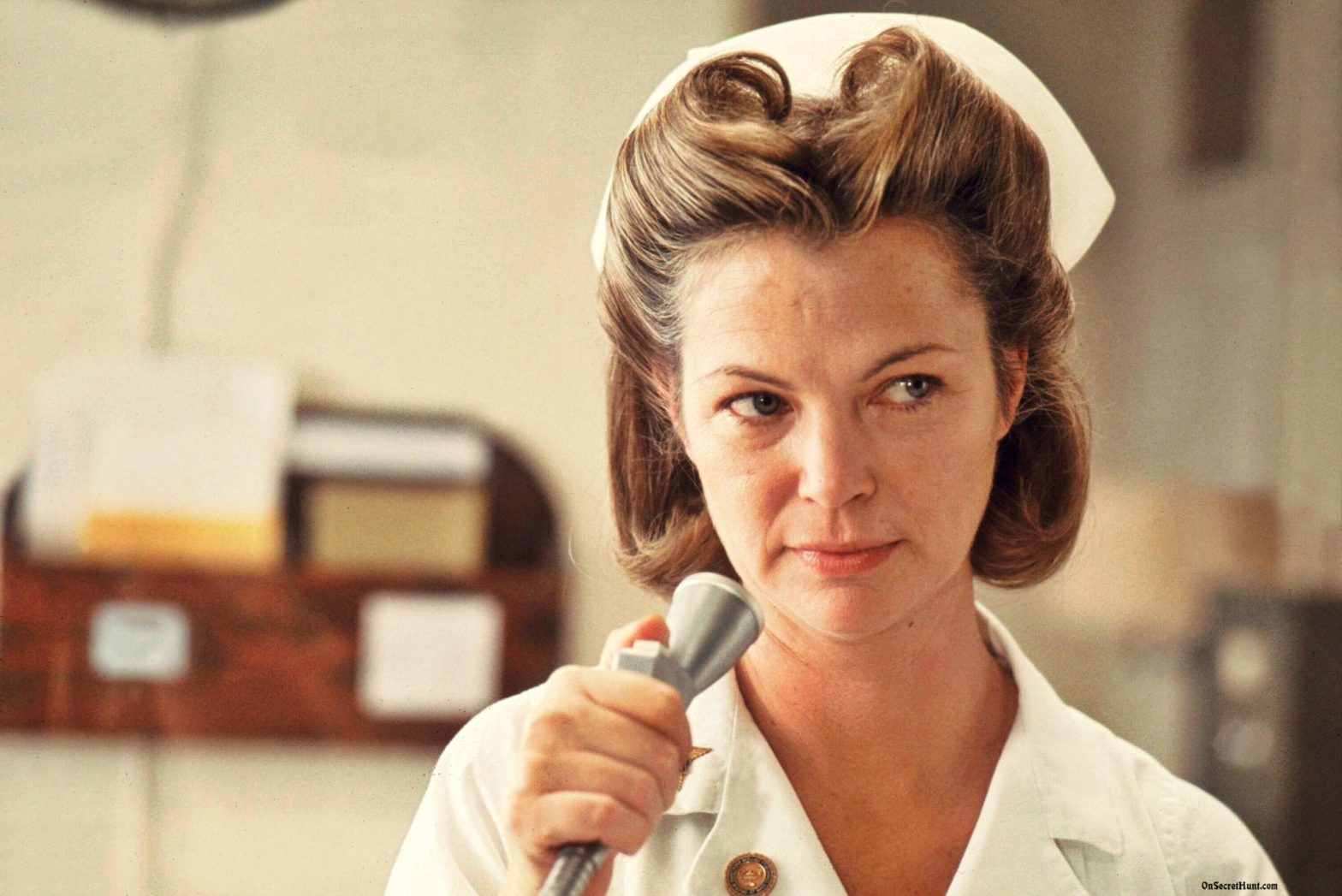There’s not a week gone by in the last 15-20 years where I haven’t thought about the movie and book, “One Flew Over the Cuckoo’s Nest.” The story by that “merry prankster” Ken Kesey was a brilliant and devastating critique, on many levels. It certainly has remained, at least for this writer, one of the most defining allegories of American society of the last 50 years (the movie was not produced until 1975). With each passing year we come closer to matching the allegory Kesey wrote into his novel 50 years ago.
The majority of the American population is represented by the regular inmates of a mental institution that the main character, “McMurphy,” encounters after being incarcerated there for a string of petty crimes. He’s starts out sane but decides to have himself declared insane thinking that will allow him to serve out his sentence in relative ease. McMurphy is the anti-authoritarian rebel of the drama.
However, that’s where he encounters the “steely, unyielding” Nurse Ratched and the system she runs. Brilliantly played by Louise Fletcher in the movie, Nurse Ratched represents the government in this little set-piece. Her control of the system, arbitrary rules and the meting out of reward and punishment to the inmates is highly indicative of the behavior of modern government in all its incarnations.
The last main character in the drama is “Chief” Bromden, a supposedly deaf-mute Native American, institutionalized for unspecified reasons. He never says much in the movie, however, in the book one finds he is the narrator. Chief Bromden represents, to this writer at least, all of the informed (at least to some degree) but non-participating citizens now sitting on the fence. Each is hoping for release, idling in place or waiting for who-knows-what in order to take action.
Most Americans seem to no longer recognize they have grown accustomed to living in one of the largest mass mental institutions in the world. It is the asylum that America has become. They get by as spectators while the institution degrades and controls them.
Since leaving the military-intel and defense system contracting business, I’ve oscillated between the characters of McMurphy and Bromden. Most of the time I’ve chosen to be McMurphy and it is a painful process to be sure. For a long time I thought the other inmates would rally with me. I have repeatedly been reminded of the truism in the “1-4-95 rule,” my older business partner taught me years ago: Out of every 100 people, one person acts, four people watch the one and 95 people say, “What happened?”
I oscillate over to the Bromden character when I need a rest. My hope is to avoid the ultimate fate of McMurphy in being lobotomized (or just eliminated) by the system. Or, maybe I already have been. Some days it’s hard to tell, watching C-SPAN, the general media and many friends, family and the general population. I do know real change will only come when the evil Nurse Ratched and all her cronies are the ones locked-up and the inmates are free again.
If you happen to be someone to whom many, if not most, of the articles on this ongoing blog resonate with, then perhaps you’re one of the sane, too. Perhaps you also hate living in “The Matrix” or the coming dystopian “Hunger Games“-like future.
One way or the other, I do know, I don’t want to live under Ratched’s tyranny anymore. Do you? If not, please do not be discouraged. In the end, after McMurphy was lobotomized by the system, Chief Bromden finally found it within himself to break out of the asylum and find a better future. Always remember that some of us and our kids and grandkids will get to a better future devoid of Nurse Ratched. We will finally destroy her malevolence in the end.
